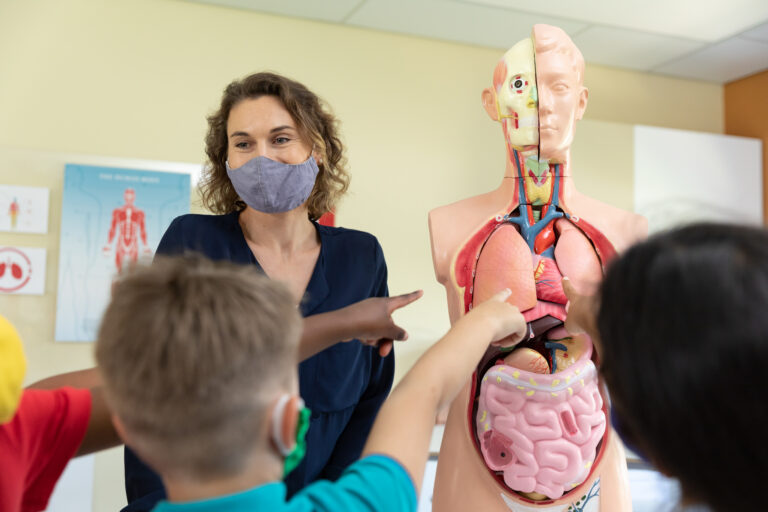Does teaching about puberty invite promiscuous activity among kids?
Why should my child be exposed to this?
Sex education, even puberty education, is sometimes viewed as a controversial, divisive topic because it can provoke strong, divergent opinions about the best way to teach the subject, or whether it should be taught at all. Educators may fear that conflict with parents or community groups might spread to other educational programs.
Teaching sex education ineffectively costs a lot in terms of financial expenses and personal prices paid. The importance of puberty education cannot be overstated. These data illustrate the need for sex education that is timely and relevant.
- One in four girls and one in seven boys have been sexually abused by age 18. [1]
- The average age of marriage is 27.4 for females and 29.5 for males. [2] The time span between puberty and marriage requires young people to manage sexual feelings for 15-20 years prior to marriage.
- Nearly half of male college students report viewing pornography by age 13. [3]
- Nearly half of all new STDs are among 15-to-24-year-olds. [4,5]
- Nearly all pregnancies to teens were unplanned. [6]
- Although it has dropped significantly since 1990s, the U.S. adolescent pregnancy rate is the highest in the developed world. [7]
- Sexual behaviors reveal concerns among U.S. ninth-grade students: [8]
- One in five has had sexual intercourse
- One in eight has had sexual intercourse in the previous three months.
- One in five used alcohol or other drugs before last sex (of the currently sexually active).
- Two out of five not use a condom at last sexual intercourse (of the currently sexually active).
- Four percent had their first sexual intercourse before age 13.
- One in twenty had been forced to have sexual intercourse when they did not want to.
- One in twelve experienced sexual dating violence.
Why Is It Important to Learn About Puberty?
Although schools could avoid potential controversy by leaving sexuality education entirely in the hands of families, not all parents feel comfortable with this role. In fact, thirty-three percent of Michigan ninth-graders said they have never talked with their parents or other adults in their family about what they expect them to do or not to do when it comes to sex.[5] Without getting reliable sex education, these students would be left to figure things out on their own.
Some children begin puberty as young as eight or nine years of age, so puberty education is needed to prevent children from being frightened by unexplained changes in their bodies and emotions. Puberty, with the onset of sexual feelings, is beginning earlier, but marriage is being delayed until age 26 to 28. This combination of factors results in a long interval of time during which young people must manage their sexuality in healthy ways. In order to prepare young people to do so, we must begin before they are sexually active.
Avoiding the subject of sex does not prepare young people to make healthy choices, but providing research-based puberty and sex education for children can prevent risk behaviors and help young people develop into sexually healthy adults. Read more.
Would you like to take a self-paced, online class to help you prepare for talks with your child?
References:
1. National Sexual Violence Resource Center. (2015).
2. 2017 US Census.
3. Dines, Gail (2017) “Growing Up With Porn: The Developmental and Societal Impact of Pornography on Children,” Dignity: A Journal on Sexual Exploitation and Violence: Vol. 2: Iss. 3, Article 3.
4. Adolescent Health. OAH.
5. Information for Teens and Young Adults: Staying Healthy and Preventing STDs. CDC. (2021)
6. “Why It Matters.” Power to Decide
7. Adolescent Pregnancy and Its Outcomes Across Countries. Guttmacher.
8. 2019 Youth Risk Behavior Survey (YRBS). CDC.
Photo credit: Brooke Collier Photography, www.brookecollierphoto.com
Updated 2023-1-29



